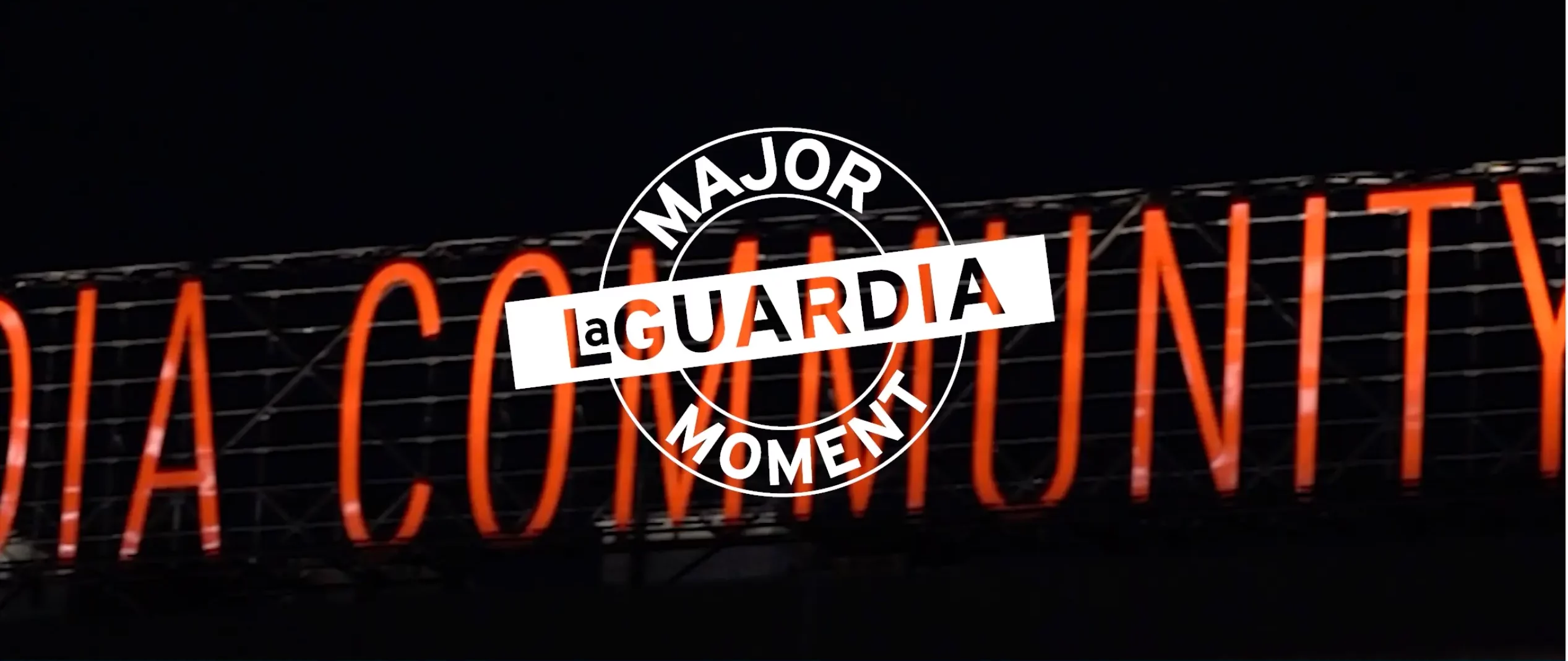Room: B-Building, B-234
Phone: (718) 482-5640
About
The Liberal Arts: Deaf Studies Option is the only American Sign Language degree program within the CUNY system and the only Deaf Studies program in all of New York City. The curriculum of the Deaf Studies Program prepares students to work with the Deaf community as sign language interpreters, educators of the Deaf, speech language pathologists, audiologists, and social workers.
A. REQUIRED CORE: 12 Credits
English: 6 credits
Mathematical and Quantitative Reasoning: 3 credits
Select one course from the following:
Life & Physical Sciences: 3 credits
Select one of the following courses:
B. FLEXIBLE CORE: 18 Credits
Select one course from each of the five flexible core categories AND one additional course from any flexible core category.
Students are advised to select one Urban Study course to complete college requirement. To complete the degree requirements from the Flexible Core, students are advised to select courses from the recommended course selections listed on the program website. Note: Students can select only two courses from any one discipline.
| Courses | Credits |
|---|---|
| Liberal Arts: 6 Credits | |
| LIF101 First Year Seminar for Liberal Arts Social Science and Humanities | 3 |
| LIB200 Humanism, Science and Technology | 3 |
| English: 3 Credits | |
| ENG103 Preparing and Writing the Research Paper | 3 |
| Education & Language Acquisition: 3 Credits | |
| ELN101 Introduction to Bilingualism | 3 |
| Deaf Studies | |
| ELM101 American Sign Language 1 | |
| ELM102 American Sign Language 2 | |
| ELM103 American Sign Language 3 | |
| ELM104 American Sign Language 4 | |
| Social Science: 3 Credits | |
| SSS190 Sociology of American Deaf Community | 3 |

Career Possibilities
The majority of careers for this major require at least a Bachelor’s Degree.
Please visit the Registry of Interpreters for the Deaf (RID) website for detailed information on certification. There are two steps required for certification. Step One: Knowledge Exam – AA students can sit for this exam. Step Two: Performance Exam – requires a Bachelor’s degree or 120 credits.
While it is true that an AA graduate can take the Knowledge Exam, they are frequently not ready for it since it assesses elements of the interpreting process not present in the typical Deaf Studies/ASL AA programs.
Additionally, it should be understood that simply passing the Knowledge Exam is in no way shape or form an indication that an individual is ready to actually interpret. Sign language proficiency and interpreting ability are two distinct skills.
Passing the Knowledge Exam simply indicates that the individual is ready for further training or internship to learn the process of interpreting.
To be FULLY qualified to interpret requires passing the Performance Exam – which requires a BA degree or 120 collegiate credits.
Candidates who successfully pass the Performance Exam have typically completed an interpreting preparation program as well as 6-12 months of internship and mentoring.
Career trajectories for bi- or multi-lingual speakers vary depending on proficiency level. See this chart produced by the American Council on the Teaching of Foreign Languages for detailed information on career paths.
It is very common for Deaf Studies majors to start out wanting to become sign language interpreters but then switching to alternate pathways. This is fine – not everyone has the linguistic skill needed for interpretation and the Deaf Community has many other needs. For instance, there is a significant need for social workers and teachers who are fluent in ASL.
Proficiency note: Simply going to ASL classes is rarely sufficient to attain the proficiency required for sign language interpretation or other jobs. Students must go to and participate in Deaf events to acquire receptive and expressive fluency. The sterile classroom environment is insufficient exposure to ASL as it is naturally used within the community.
Audiology/Speech Pathology note: If you are interested in a career such as a speech language pathologist or audiologist, keep in mind that these professions focus on speech. Some programs are anti-sign and may not be a good fit for Deaf Studies majors.
Transfer Possibilities
Are You Interested In...
Skills You Will Learn
What makes this major unique?
The curriculum of the Deaf Studies Program is designed with a specific focus on ASL (2-year instruction in ASL) as well as ASL linguistics and Deaf sociology.
Graduate in Two Years!
Review your Degree Map to stay on track.
Contact Us
Quicklinks
Follow Us